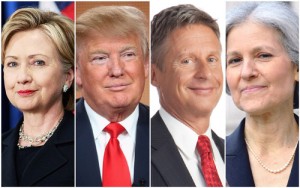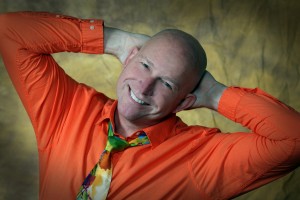The question comes up every now and then whether religion belongs in politics? It’s a good question and it deserves regular discussion.
My initial response, I suppose, would be what do we mean by religion? If we’re talking about basic human compassion and universal values such as equality, fairness, education, human rights and independence I would say yes. If we’re talking about dogma, doctrine and exclusivity I would say no. Most of our western governments are now based on democratic ideals that are utilized, in their ideal sense, to empower all of the people who call them home. The unwritten declaration within the general philosophy is that if it’s good for the individual and good for humanity and does no harm to anyone else then it is probably a good initiative. If it harms others or detracts from the common good then it should probably not be allowed.
We have several examples of dogma, doctrine and exclusivity that are detracting from the common good happening right here in North America. The separation and division that we are currently experiencing right now I would say is proof of how “religion” in that form cannot serve the well being of our societies. I place the self-alienation that is currently being demonstrated in both the United States and to a lesser degree Canada, squarely on the doorsteps of the fundamental religious groups who feel it is their religious duty to bring their theological proselytizing into the day to day politics of their respective countries. There is a big difference between wanting to aid a nation in sustaining and developing a foundation of loving service to its people and the world, and the desire to have ones scripture and doctrine guide the illusionary morals of its population.
The United States was created as a great social experiment and through most of its history it was and represented itself to the world as a font of individual freedom, a functional democracy, an advocate of initiative capitalism and a strong civilization based on common sense. It was founded and led in a large part by Deists who insured that religious freedom was one of its paramount tenets. Deism is the belief that reason and observation of the natural world are sufficient to determine the existence of God, accompanied with the rejection of revelation and authority as a source of religious knowledge. It believed in one God, and found fault with organized religion, it did not believe in supernatural events or the authority of any one religion. And while it strongly supported all religious groups and corresponding freedom to have their own beliefs, they equally opposed any religious and political connection. I would suggest they did this because they were aware of the potential disconnection and separation that was not only possible, but from their own past experience in the old country probable if not inevitable.
I would suggest that if we, the people, intend to ever reintegrate the sense of wholeness that we used to experience and that made our countries great it would require that we first put aside our individual dogmas, doctrines and agendas and work together to create what we want as opposed to how we think it needs to be according to our faiths. I would like to close this blog with a quote from a great Deist.
“Too many humans would gladly trade a rational world for a superstitious one if it calms their fears and gives them advantage over their fellows. People are always afraid to think. And integrity is always a prisoner of vanity and common sense is easily eclipsed by greed.” Benjamin Franklin











